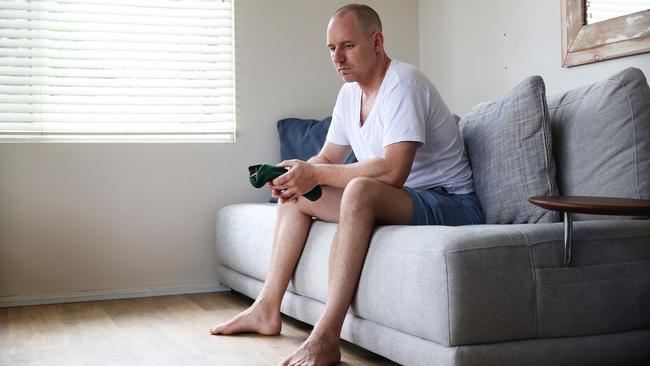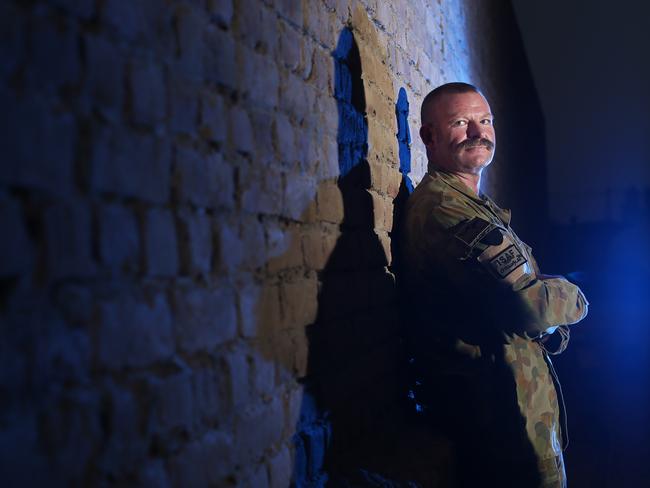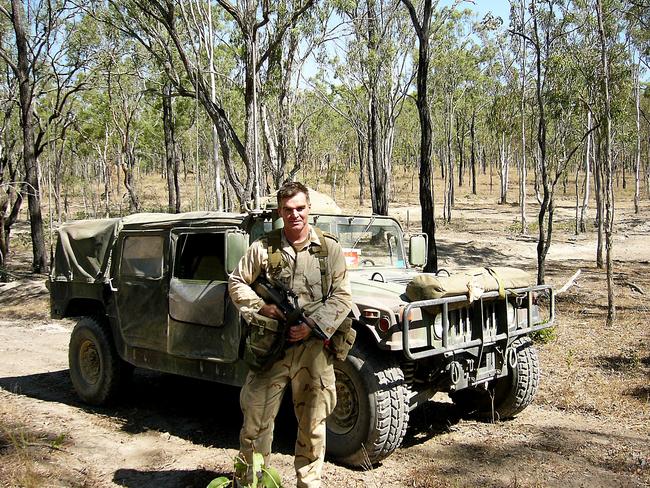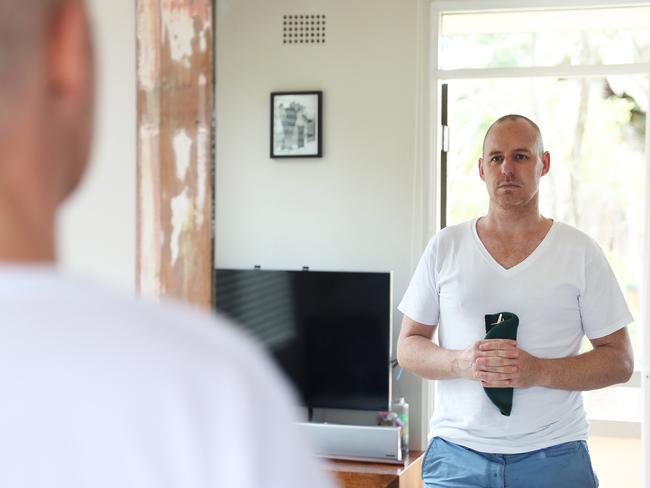Suicide inquiry finds veterans get little support
A Senate inquiry into suicide by Aussie war veterans has unleashed a tsunami of complaints about the treatment of their health claims

NSW
Don't miss out on the headlines from NSW. Followed categories will be added to My News.
The first army psychiatrist to serve in Afghanistan needed treatment for mental health problems after returning to Australia from an extended deployment in the war zone.
Consultant psychiatrist Dr Jon Lane has revealed he suffered from depression, insomnia and adjustment issues after Afghanistan and struggled to resume life as a civilian.
Dr Lane submitted a claim for depression so that he could access treatment, and was assessed by a psychiatrist.
But the claim was rejected by the Department of Veterans’ Affairs on grounds that his mental health condition was not caused by his service in Afghanistan.
“This episode of depression lasted in excess of 18 months and caused me and my family major problems,” Dr Lane has told the Senate inquiry into suicide by war vets.
“And I have many other patients who have had similar experiences but who have not fared anywhere near as well.”

Dr Lane, who served in the army for 27 years, is among a raft of doctors who have made powerful submissions to the inquiry about how vets are driven to despair by government stonewalling on their health claims.
He said the “almost punitive process of veterans having to prove their illnesses over an extended period” exacerbated their symptoms.
“The mindset of having to prove you are unwell also creates the expectation that this is the behaviour that is required, and this becomes a form of personal identity — that they are broken and unwell,” he said.
In one heartbreaking address to the inquiry the widow of an army sniper told how her husband made eight attempts to take his own life. He suicided almost two years after being medically evacuated out of Afghanistan.
Bonny Perry told the Senate committee: “He (her husband) was never given gold standard treatment at all. There was no carer support.
“Defence brings these people back broken, hands them over to a family that have no idea what to do with them, and we are left on our own. On every occasion, I predicted my husband was going to make an attempt on his life, and they told me I was wrong. After eight attempts, how many more warnings do you actually need?”

Former green beret commando James Mills left the army when a hip injury failed to heal but a decade-long battle with authorities over medical claims has damaged his mental health.
He one of a growing number whose physical injury has become a mental health problem.
Mr Mills, 39, joined the army in 1994, becoming a lance corporal in 1 Commando Company and serving in the Solomon Islands before his discharge in 2006. More than a decade on he is unable to work and is still locked in combat with the DVA.
“I had never (previously) had any mental condition in my life — this has messed with my head,” he said.

Some veterans are fighting back over denial of their health claims, with one, former army mechanic John Simmons, 37, taking the DVA to the federal court.
Mr Simmons has been in a 16-year battle over health claims after falling on metal pickets in a pit and injuring his leg in 1999.
In shocking claims to the inquiry, doctors have alleged that vets are being spied on by government investigators trawling their social media sites and following them in a bid to prove their medical claims are false.
But a DVA spokeswoman said it used social media “primarily to build awareness of the available services and support” vets needed.
RELATED


